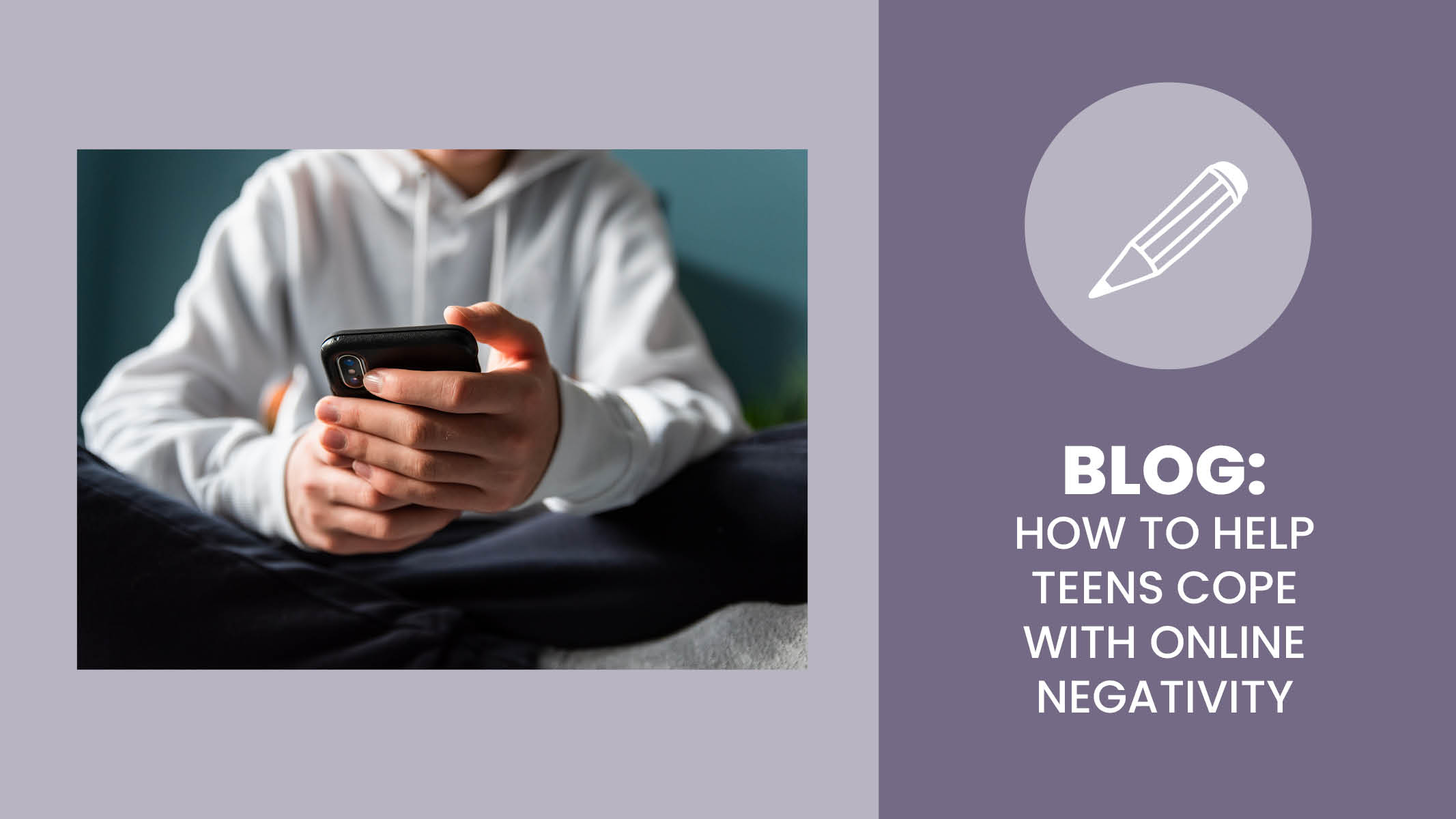As teenagers go through adolescence, they might become overly focused on their physical appearance. With constant exposure to unrealistic "ideal" body images – often digitally altered on social media – it's easy for them to feel self-conscious about their bodies. To better understand body dissatisfaction and provide expert advice on how to support your teens in developing a healthy body image, we consulted Dr. Lauren Schaefer, clinical psychologist at Sanford Health. Dr. Schaefer highlights the extent of this issue, “Our best research suggests that 24% to 46% of adolescent girls and 12% to 26% of adolescent boys experience pronounced dissatisfaction with the size and/or shape of their bodies.” Developing a healthy body image is essential for their self-esteem, confidence, and overall well-being. “Having an unhealthy body image (e.g., feeling highly distressed about your appearance, spending inordinate amounts of time or energy trying to change or mask your appearance) places teens at risk for a number of negative mental and physical health outcomes including eating disorders, depression, anxiety, and obesity. Therefore, nurturing your teens’ self-image, including supporting a healthy body image, is critical to supporting their overall emotional and physical well-being,” she adds.
To support your teens in developing a healthy body image, Dr. Schaefer suggest the following strategies:
1. Avoid Appearance-Focused Comments
Refrain from making comments about your teens’ appearance, whether positive or negative. Dr. Schaefer emphasizes, “Both forms of comments have been shown to increase appearance anxiety among young people, as it reinforces the idea that our appearance is important and continually evaluated.”
2. Model Positive Self-Talk
Caregivers should never underestimate the importance of modeling healthy body image. Dr. Schaefer states, “What you say about your own body, or the bodies of other people makes an enormous impact on your teens. Avoid making negative comments about your own or other people's appearance as doing so communicates to your teen that appearance is something to be judged or criticized.”
3. Emphasize Function Over Form
Dr. Schaefer encourages caregivers to have discussions that focus on what the body can do rather than how it looks. “Comments about how your body feels (e.g., how good it feels to stretch or take a hot shower) or what your body is capable of (e.g., how your body allows you to enjoy an evening walk or protects you from illness) reminds your teen that bodies have multiple important functions – with appearance being the least important,” she says. To encourage your teens to appreciate all that their bodies do for them, consider using our Teen Activity Book on Breaking Down Disordered Eating. This resource offers engaging activities that promote body positivity and help teens recognize the amazing functions of their bodies beyond appearance.
4. Open Conversations About Body Image
“Open up communication with your teen by asking them about what body image-related pressures they experience in their day-to-day life and be open to sharing how you cope with some of the same pressures as an adult,” advises Dr. Schaefer. She highlights using the recommendations listed above to flip the focus of body image discussions to function over aesthetics/appearance.
5. Promote Healthy Habits Over Appearance
To support your teen in developing a healthy body image, encourage your teens to prioritize feeling good over looking good. Support them in adopting nutritious eating habits and staying active. However, Dr. Schaefer cautions against overemphasizing weight, as this can lead to feelings of shame and a narrow focus on this singular health indicator. “Instead, try to emphasize positive behaviors that help to support a healthy body and mind. Model moderate levels of physical activity and highlight the positive benefits that you receive from this activity,” she says. This approach fosters a more balanced perspective on health and well-being.
6. Seek Professional Help if Necessary
“If you notice that your teen seems excessively ashamed or distressed about their appearance, or if they become excessively rigid about their food intake or appear to lose control around foods, we would encourage you to seek out psychological assessment from a trained professional to determine whether formal intervention may be necessary,” emphasizes Dr. Shaefer.
For more educational information, screening tools, and treatment resources for body image and eating disorder-related problems, check out the following online webpages:
Supporting teens in developing a healthy body image involves encouraging them to value qualities beyond their physical appearance and focus on overall well-being. By adopting a supportive, positive, and proactive approach, you can help your teens build a strong, healthy body image that benefits them throughout their lives.
Ready for more? You might also like:
How to Help Teens Build a Healthy Relationship with Social Media: Essential Tips for Caregivers
Teen Mental Health Stigma
Disordered Eating vs. Eating Disorders in Teens and How You Can Help


